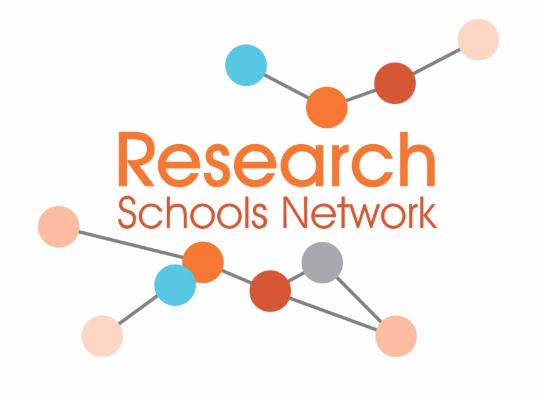Speech, language and communication skills are pivotal in shaping academic success and then beyond as they lay the foundation for effective collaboration, teamwork, and social interaction.
In the EEF’s suite of literacy guidance reports, spoken language recommendations feature at every phase, showing the importance of spoken language as it underpins all other aspects of literacy. Perhaps unsurprisingly, there is breadth of potential approaches to such a key issue. This blog uses three different lenses to consider your response: system level; interventions; wider strategies. A later blog in this series will look at classroom strategies.
York has been particularly successful in improving speech, language and communication outcomes in the early years (ages 0 – 5) through a long term, evidence based local area approach called Early Talk for York. The approach has seen outcomes improve over the last few years, with significant reductions in the ‘disadvantage gap’ in stark contrast to outcomes across the country.
The approach works across disciplines: health, education, care and community and voluntary sectors and you can read more about the detail of activity in the Early Talk for York roadmap. Importantly, representatives from all the listed sectors continue to sit on the project steering group so that as the process evolves it continues to be a joined up approach. Funding streams have been accessed at various points to support aspects of the project but this has been able to be done because the key stakeholders have continued to meet and provide a combined response.

